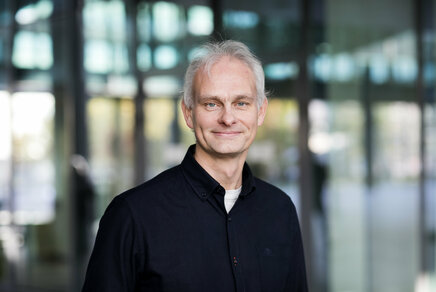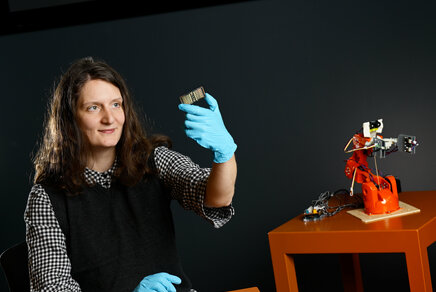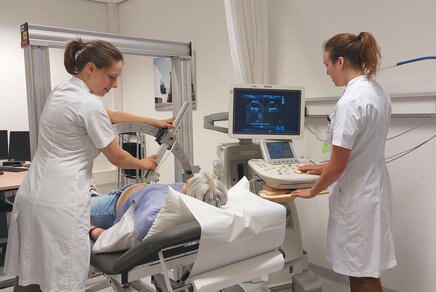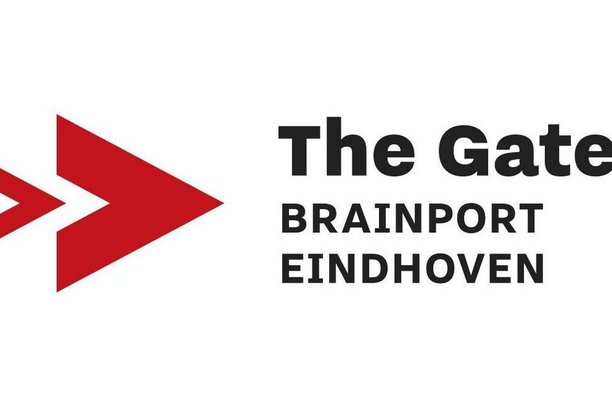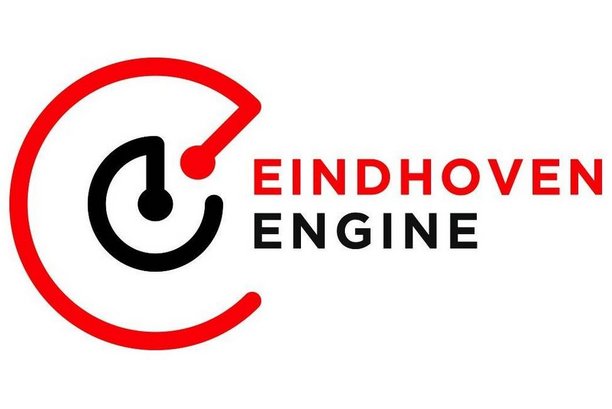'Commercialising a product is a completely different ballgame than inventing it'
Double interview with managing director of startup platform The Gate Jeroen van Woerden and 'entrepreneur-professor' Maarten Steinbuch about the challenges of starting spin-offs.
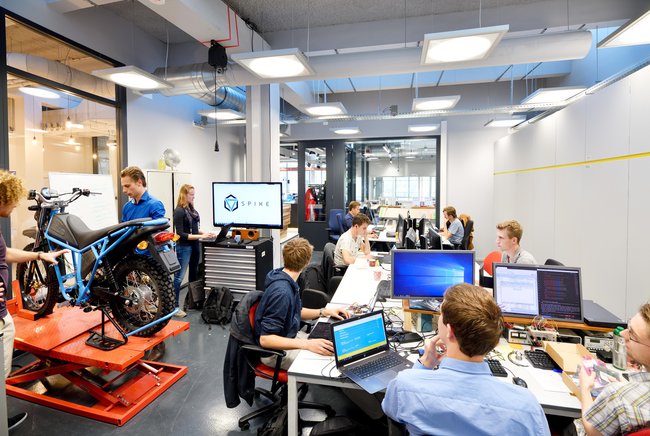
Besides education and research, TU Eindhoven has another core task: valorisation. And how better to get knowledge and expertise flowing into society than through the spin-off companies that the universities generate? Yet the establishment of a spin-off often turns out to be a major task. Jeroen van Woerden (The Gate) and Maarten Steinbuch (Eindhoven Engine) discuss pain points and solutions for that first difficult phase of entrepreneurship. "TU Eindhoven is not an investor, but a facilitator."
A duty of care towards society. According to Van Woerden, this is an important task of universities. This duty of care includes making the knowledge gained from scientific research available and usable by society, also referred to as valorisation. And spin-off companies are an ideal means to achieve this.
Van Woerden, managing director of The Gate (a platform of the TU/e and others for start-ups in the first phase of their existence), does not often use the term valorisation. He prefers to talk about 'the social impact of universities'. "We must encourage the creation of spin-offs and entrepreneurship among scientists, because then our knowledge will find its way to society more quickly."
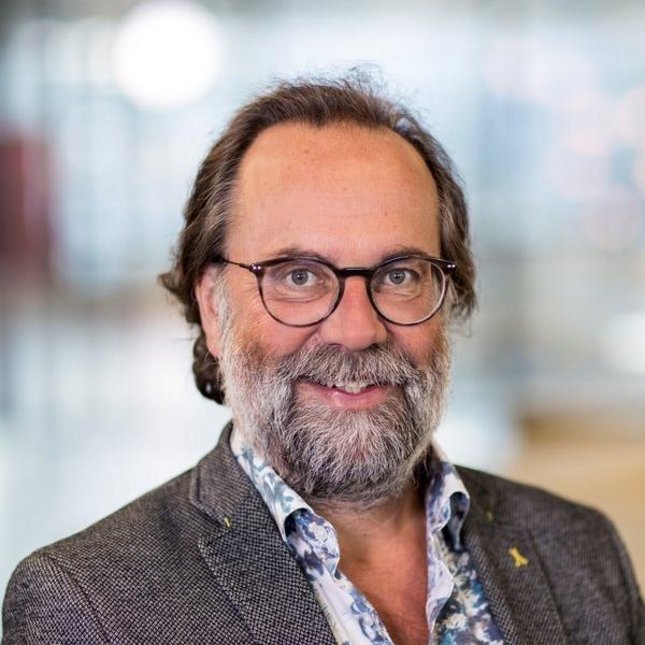
THE LANGUAGE OF THE ENTREPRENEUR
He finds an ally in Maarten Steinbuch. Steinbuch is a professor of System and Control Engineering at TU/e three days a week and an entrepreneur two days a week. He likes this combination, also because it allows him to speak the language of the entrepreneur. That makes it easier to get the industry on board. Because, says Steinbuch, "valorisation is part of doing good research."
"I can recommend the combination of scientist and entrepreneur," says Steinbuch, co-initiator of Eindhoven Engine, a partnership (which also includes the TU/e) that aims to get innovations ready for the market faster.
Steinbuch: "I often say: if you feel the entrepreneurial urge as a scientist, take one day off per week so that you can do your own business in your own time and not in the time of your employer. I find that split a healthy one. Mind you, not everyone is suitable or likes it. I estimate that 25% of scientists want to get a taste of entrepreneurship, and it is precisely these people that we must facilitate better. We don't discuss these kinds of subjects in career interviews. We need role models who can tell you how to do it."
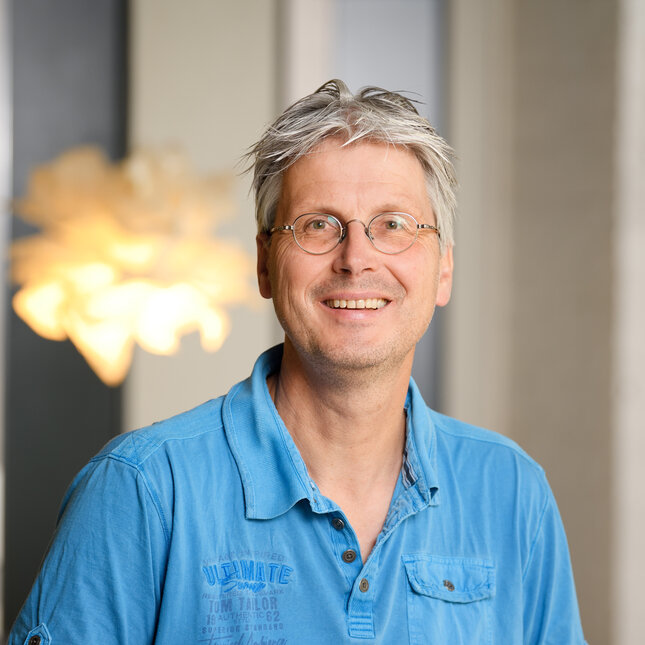
Van Woerden: "As a university, we are good at developing technical solutions, but commercialising a product is a completely different ballgame. You have to build a business proposition, you have to know your potential customers well and be able to clearly state which problems you are going to solve."
Steinbuch: "That awareness is crucial. Many scientists step into a startup out of technical enthusiasm, but don't realise that you need other types of people for business development."
Van Woerden: "Together with Sjoerd Romme, among others, we are actively looking for mentors, think of alumni who have been successful entrepreneurs and cherish warm feelings for TU/e. They are willing to share their knowledge."
SHARE OF OWNERSHIP
The cultivation and guidance of young companies by universities is not an easy task. One point of discussion is the share of ownership that universities take in the establishment of a spin-off. If universities want too much in return for their patents or shares, this might scare off future investors, is sometimes the reasoning. On the other hand, universities are keen to cash in on their share in order to fund future research and new ideas.
Van Woerden: "The embryonic phase of any company is the most difficult phase. It is the phase in which investors are reluctant to step in. Support in this phase is worth a lot. Precisely because the university takes a stake in the embryonic phase, it helps a start-up get off to a flying start. In fact, universities are not investors but facilitators. An investor makes a risk analysis, but we always think in terms of possibilities."
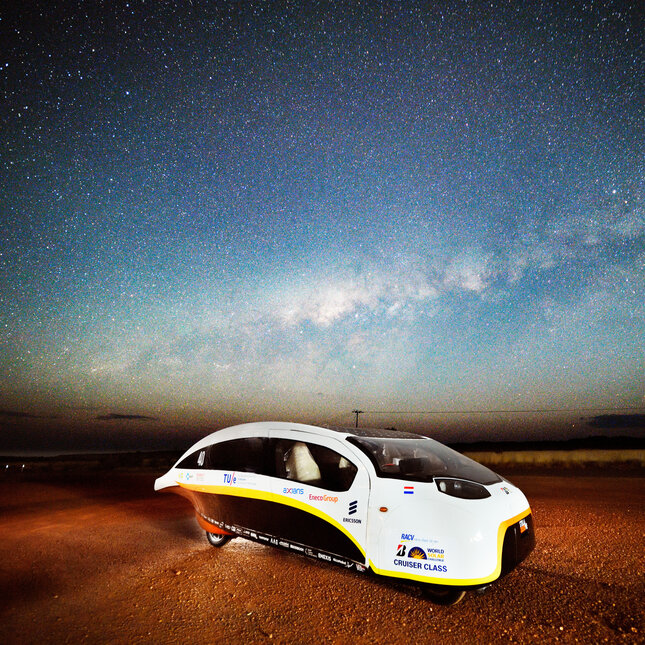
A PERFECT SHOWCASE
Steinbuch: "The pain is in the details. I am in favour of a university that has a visible presence, for the transfer of knowledge from science to the startup. At the same time, the objective should be: we are proud of our spin-offs and we do not focus on making money. Net investments may cost money, but you can also benefit in other ways from the spin-offs you produce."
He takes solar car manufacturer Lightyear, born out of student team Solar Team Eindhoven, as an example. "How many international students have we attracted because of Lightyear's success? As a university, we have zero stake in Lightyear but they are the perfect showcase for us. I am an advocate for a university share of up to ten per cent. These are dilutable shares, but they too can quickly become worth more. That way we give space for a company to grow."
Van Woerden: "I stay away from percentages. I do think that the rules must be transparent and clear. The system sometimes gives rise to discussion. We must work on that, so that we eventually arrive at a system in which the success of the previous company forms the basis for new entrepreneurs."
Steinbuch: "I agree. For example, as an employee you have no idea how negotiations work and then you actually have to negotiate with your own employer. That's a strange principle and often leads to anxiety. We have to think about that. Transparent rules give everyone something to hold on to."
Van Woerden: "That is sometimes forgotten; TU Eindhoven is also an employer, just like any other company. So you have to separate things well in order to prevent conflicts."
WHO DOES THE KNOWLEDGE BELONG TO?
Steinbuch: "That is what makes things so complicated. Suppose I receive a personal research grant from NWO or the EU, while I am employed by TU Eindhoven for one hundred percent. If I subsequently go to another university, I can take the funding with me, because I have acquired personal grants myself. But I did receive a salary from the TU/e when I wrote the proposal. In the business world this is unimaginable; that you work on something and then you take your knowledge and these kinds of grants with you to your next employer. Scientists are independent, but is scientific knowledge yours if you are going to make money with it, or also part of the university? That is easy when it comes to inventions that are registered in patents, but much more difficult when it comes to your own knowledge and skills."
Van Woerden: "The university is very important in the early phase of a start-up in terms of support and funding. It is important that there is a good balance between creating start-up opportunities for the new company and the interests of the university and future research of the new generation. People also react much more sympathetically when I tell startups that we use the money that we earn back for new research in the future. This shows that we also need to communicate better about what we do with the proceeds. And how we fund new research. Think of an annual report. When universities invest money and research, it should not be called Return on Investment (ROI) but Return for the Future."
NEW SECTION: START-UPS AND SPIN-OFFS
Want to know more about the start-ups and spin-offs that the TU/e produces? Since last month, TU Eindhoven in collaboration with The Gate and Innovation Origins, highlights each month an innovative company that results from scientific research. The first episode features DENS. This tech company makes generators that run on formic acid.
Latest news
